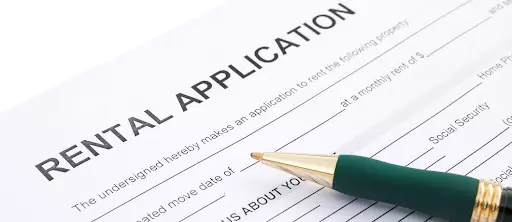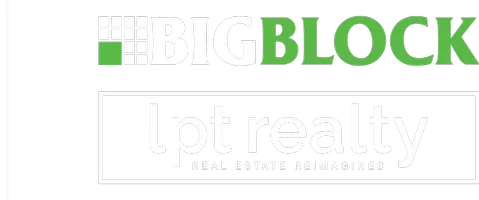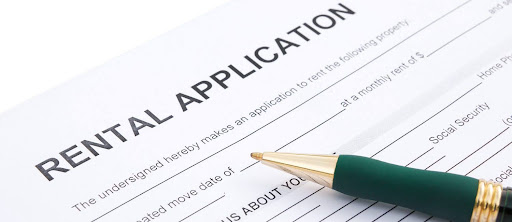Renting Your Home

Renting Your Home
Renting out your home can be a great way to generate additional income, but it also comes with responsibilities and decisions that need careful consideration. Here’s a comprehensive guide to help you navigate the process of renting your home:
1. Prepare Your Home
Clean and Declutter
- Ensure your home is clean and free of clutter. A tidy and well-maintained property is more attractive to potential tenants and can justify higher rental rates.
Make Necessary Repairs
- Address any repairs or maintenance issues before listing your property. Fix leaky faucets, broken appliances, and any other issues that could affect a tenant’s living experience.
Update and Modernize
- Consider making updates to improve your home’s appeal. Fresh paint, updated fixtures, and modern appliances can make a significant difference and attract quality tenants.
Safety and Compliance
- Ensure your home meets all local safety and building codes. Install smoke detectors, carbon monoxide detectors, and secure locks on doors and windows. Check with local authorities for any specific rental requirements.
2. Determine Rental Price
Research the Market
- Conduct a market analysis to determine the going rental rates for similar properties in your area. Websites like Zillow, Trulia, and Rent.com can provide valuable insights.
Consider Expenses
- Calculate your monthly expenses, including mortgage payments, property taxes, insurance, maintenance costs, and potential vacancy periods. Ensure the rental price covers these expenses and provides a reasonable profit.
Set a Competitive Price
- Price your rental competitively based on market rates and the unique features of your property. Overpricing can deter potential tenants, while underpricing can reduce your return on investment.
3. Create a Rental Listing
Write a Compelling Description
- Craft a detailed and engaging description of your property. Highlight key features, such as location, amenities, and any recent updates. Be honest and transparent to set realistic expectations.
Use High-Quality Photos
- Take high-quality photos of your home to include in the listing. Ensure the photos are well-lit, clear, and showcase the property’s best features. Consider hiring a professional photographer if necessary.
Advertise Online
- List your property on popular rental websites, social media platforms, and local classifieds. The more exposure your listing gets, the more likely you are to find suitable tenants.
4. Screen Potential Tenants
Application Process
- Require potential tenants to complete a rental application. Collect information on their employment, income, rental history, and references. A detailed application helps you assess their suitability.
Credit and Background Checks
- Conduct credit and background checks on all applicants. This can help you identify any red flags, such as past evictions or criminal records. Services like TransUnion SmartMove and Experian RentBureau can assist with this.
Interview Prospects
- Arrange interviews with potential tenants to get to know them better. Ask questions about their rental history, reasons for moving, and any specific needs or preferences.
Verify References
- Contact previous landlords and employers to verify the information provided by the applicant. This can give you a better understanding of their reliability and rental history.
5. Draft a Lease Agreement
Use a Standard Lease Template
- Use a standard lease template that complies with local laws and regulations. Templates can be found online or through local real estate associations.
Include Essential Clauses
- Ensure the lease agreement includes essential clauses, such as the rental amount, security deposit, lease term, maintenance responsibilities, and rules regarding pets, smoking, and subletting.
Review with Legal Counsel
- Have the lease agreement reviewed by a legal professional to ensure it is comprehensive and legally binding. This can help protect your interests and prevent potential disputes.
6. Manage the Rental Property
Collect Rent Payments
- Set up a system for collecting rent payments, such as direct deposit or an online payment platform. Clearly communicate the due date and any late fees to your tenants.
Handle Maintenance and Repairs
- Respond promptly to maintenance requests and ensure any necessary repairs are completed in a timely manner. Regular maintenance can help prevent larger issues and keep tenants satisfied.
Conduct Regular Inspections
- Schedule regular inspections to ensure the property is being well-maintained and to address any potential issues. Provide tenants with advance notice before entering the property.
Stay Informed About Landlord-Tenant Laws
- Familiarize yourself with local landlord-tenant laws to ensure you are compliant with all regulations. This includes understanding your rights and responsibilities as a landlord and your tenants’ rights.
7. Renewing or Ending the Lease
Evaluate Tenant Performance
- Before renewing a lease, evaluate the tenant’s performance. Consider factors such as timely rent payments, property upkeep, and overall behavior.
Renewal Terms
- If you decide to renew the lease, discuss any changes to the terms with the tenant. This might include adjustments to the rental amount or lease duration.
Notice of Termination
- If you or the tenant decide not to renew the lease, provide the required notice of termination as specified in the lease agreement. This typically ranges from 30 to 60 days’ notice.
Security Deposit Return
- Inspect the property after the tenant moves out and return the security deposit, minus any deductions for damages or unpaid rent. Provide an itemized list of deductions to the tenant.
Conclusion
Renting your home can be a rewarding experience when approached with careful planning and diligence. By preparing your home, setting a competitive rental price, creating an engaging listing, screening potential tenants, drafting a solid lease agreement, and managing the property effectively, you can attract quality tenants and ensure a smooth rental process. Stay informed about local laws and regulations to protect your interests and maintain a positive landlord-tenant relationship. Happy renting!
Leave a reply




